In recent years, African dresses infused with modern styles have gained immense popularity, leaving an indelible mark on the global fashion scene. The intersection of African flair and contemporary trends has resulted in a captivating fusion, celebrated by fashion enthusiasts worldwide.
Fashionistas worldwide have enthusiastically embraced African-inspired prints, silhouettes, and colors, creating a dynamic fashion landscape that honors African culture. This cultural exchange has transcended boundaries, with bold, eye-catching designs gracing runways and captivating audiences at prestigious fashion shows. From African wedding dresses, shorts, Aso Ebi styles, and Ankara styles to Kitenge dresses and Dashiki tops and jackets, African outfits now hold a revered place on the international stage, appreciated for their vivid colours, intricate patterns, and trendy styles.
These dresses are not just garments; they are statements that resonate on every occasion. Whether paired with heels and dramatic jewelry or sneakers and a casual jacket, they effortlessly express the wearer’s unique style.
Modern Aso Ebi Style
Embrace the charm of Aso Ebi, a classic Nigerian Yoruba-inspired style. Perfect for contemporary bridesmaid dresses, these long maxis and gowns flatter African ladies with elegance. Whether it’s a wedding or another special event, Aso Ebi dresses, paired with a modern Gele head wrap and exquisite jewellery, create a timeless and stylish look.
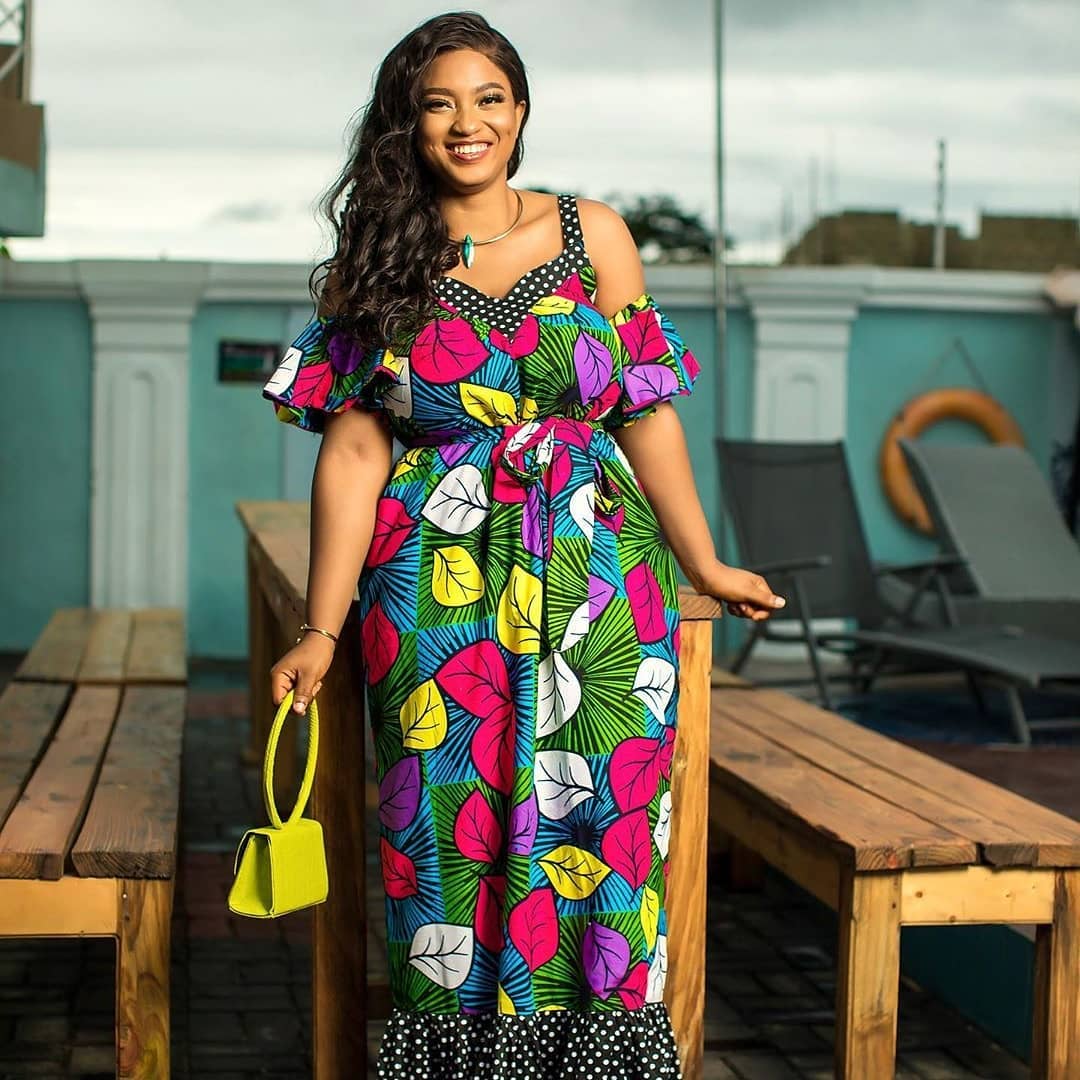
Ankara Style
African shorts, particularly Ankara shorts, are gaining popularity for their stunning, chic style. Adored by celebrities and models, these shorts are perfect for various occasions, from casual brunches to glamorous dinners. Embraced in both Africa and Western countries, Ankara shorts offer adaptability for any event. The unique African print and colors make Ankara a captivating statement piece. Pair shorts with brown leather sandals and a plain white tee for a simple yet elegant African-inspired look.
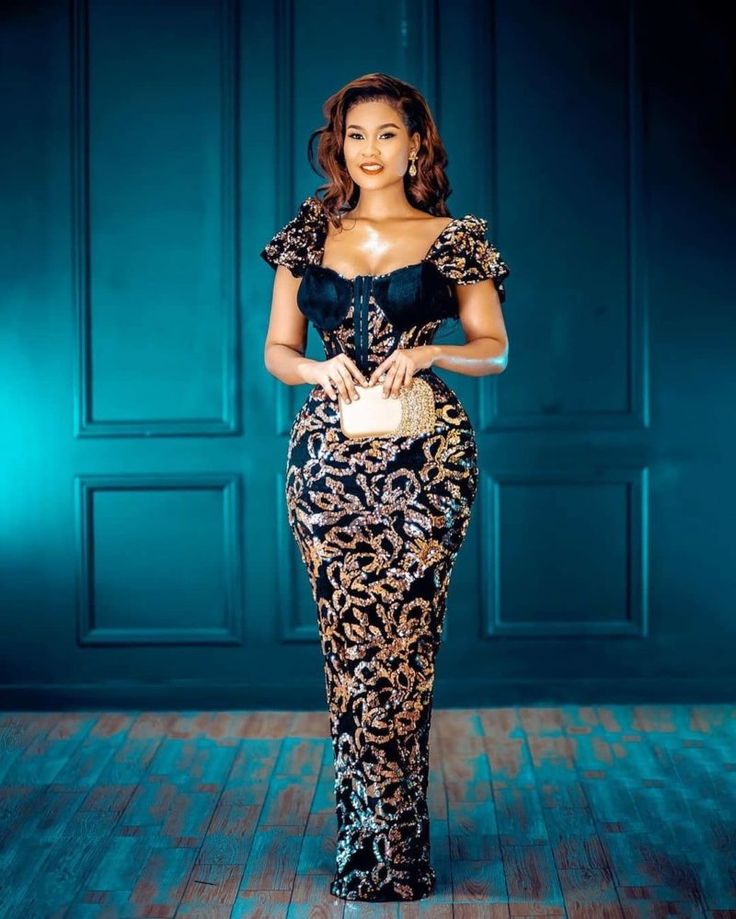
Dashiki Tops and Jackets
Dashiki prints redefine modern African fashion. From jackets to blouses, Dashiki tops add an exciting touch to your wardrobe. These vibrant and stylish pieces, suitable for men and women, come in various styles and colours. Pair a dashiki top with leggings and boots for women or denim jeans and sandals for men, achieving an effortlessly cool look with maximum comfort.
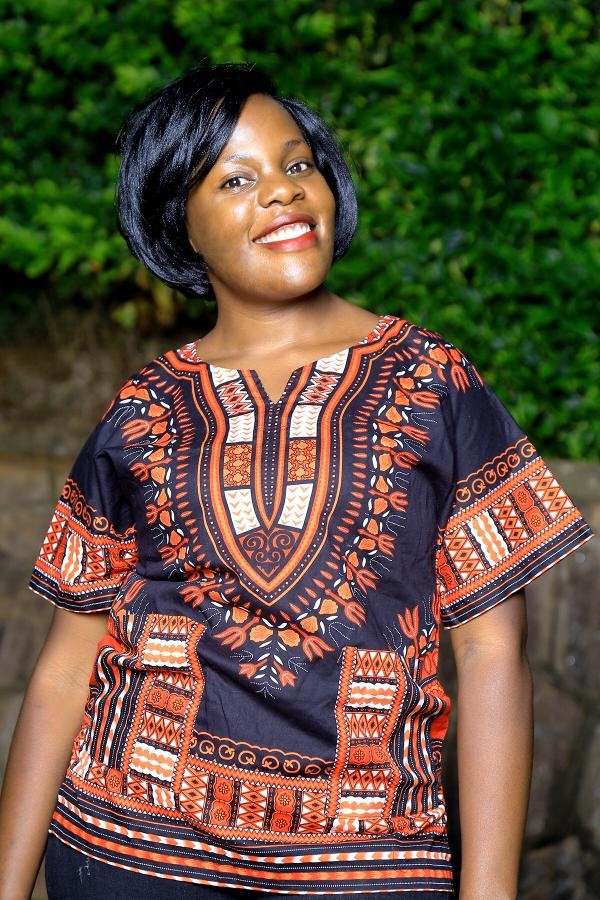
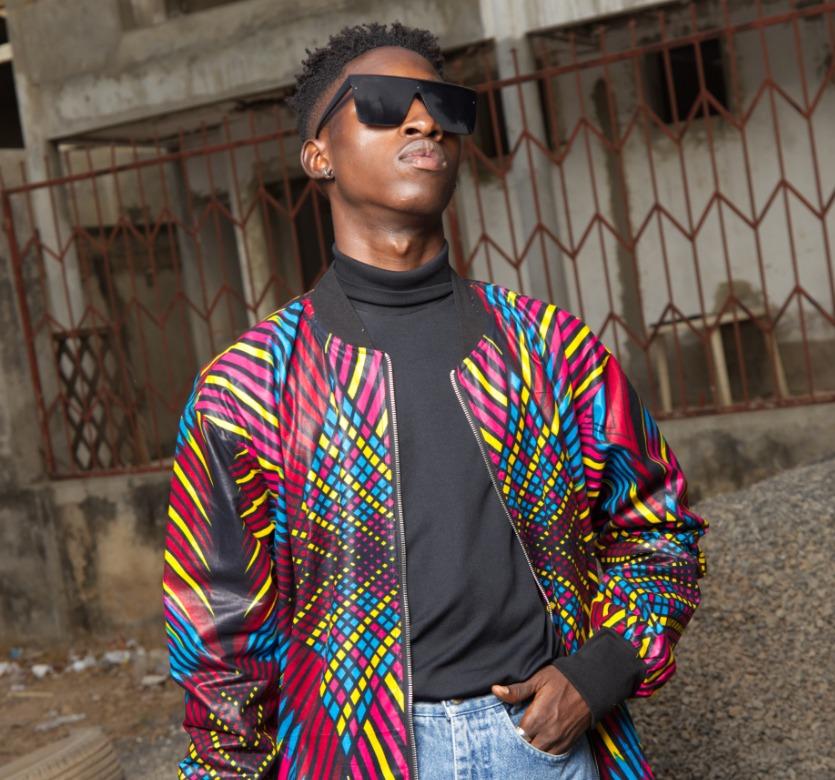
Kitenge
Enter the world of Kitenge dresses, the standard of African fashion. Bursting with dynamic designs and detailed patterns, Kitenge dresses are a phenomenal choice for skirts and dresses. The boldness of Kitenge outfits is unmatched, offering African ladies a range of options from square necks to off-shoulder silhouettes. Match your Kitenge outfit with colourful African jewellery for a completely modern look.
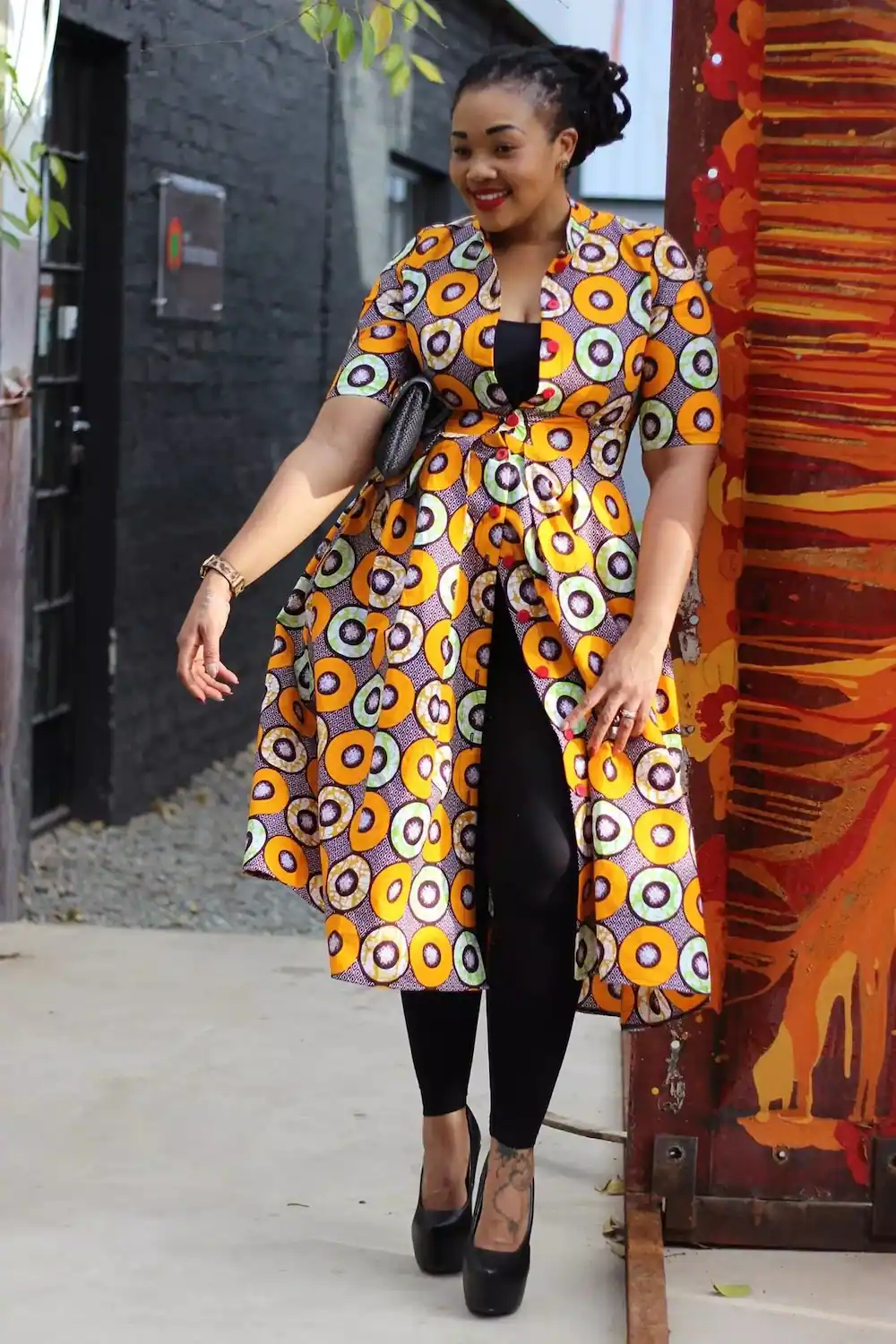
Jellabiya
The Jellabiya, a full-length traditional African wear cherished by women in the Nile region of Egypt and Sudan, signifies another dress with modern influence. Similar to an Arabian thawb, the Jellabiya boasts a loose fit and bright colors, making it an ideal choice for African events and festivities. To achieve a modern look, layer your Jellabiya with a long African print kimono and traditional jewelry. Elevate the ensemble with African sandals or statement shoes and a beautiful African head wrap, instantly transforming any woman into an African queen with the airy and luxurious fabric of Kitengi.
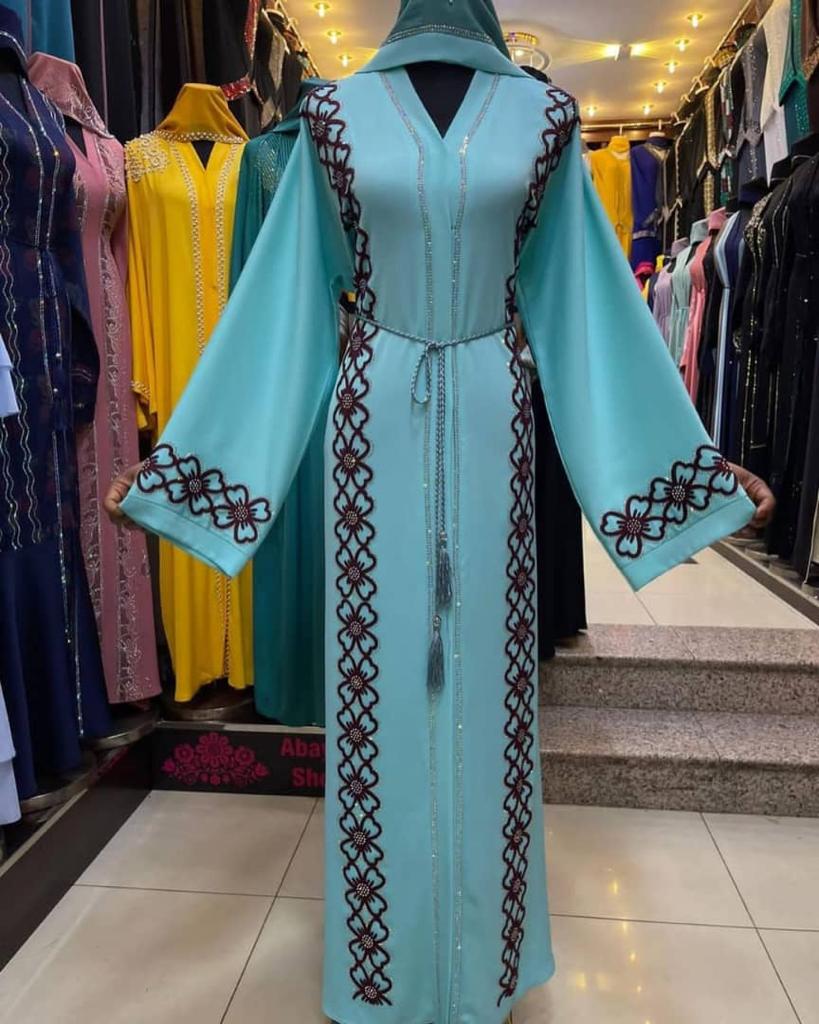
What Do Africans Wear Today?
Southern, Northern, East, and West Africa boast unique dress styles. The fashion diversity is evident from the eye-catching Madiba shirt in Southern Africa to the traditional Kaftan and Djellaba in Northern Africa. The Kitenge is popular in East Africa, while West Africans are known for the colourful Dashiki. Ethiopia showcases its traditional garment, Habesha kemis, worn during important occasions.
What Defines African Fashion Today?
Southern Africa is renowned for its distinctive dress style, vibrant colours, elaborate accessories, and daring prints. The Madiba shirt is popular in this region, while Zimbabweans favour the Chitenge, a wrap-around skirt crafted from African print fabric.
Moving to Northern Africa, traditional dresses like the Kaftan and Djellaba hold sway. In East Africa, the Kitenge is a staple for women, adorning dresses and skirts, while men often opt for a traditional shirt paired with a Kikoi wrap. West African countries boast the Dashiki, colourful shirts often paired with Sokoto trousers. Ethiopia adds its unique touch with the Habesha kemis, worn by women for formal occasions, accompanied by a shawl called netela.
What is the Traditional Dress of West Africa?
The Dashiki steals the spotlight as the traditional dress of West Africa. A loose-fitting shirt and trousers adorned with striking patterns and colours, Dashiki has evolved into a fashionable garment, particularly for men. Women embrace shorter versions or opt for a stylish wrap-around skirt known as a Skirtini.
Which Country is the Fashion Capital of Africa?
Lagos, Nigeria, has emerged as the undeniable fashion capital of Africa. With its influential Fashion Week and renowned designers like Mai Atafo and Gozel Green, Lagos shapes Africa’s sartorial scene. The city’s fashion prowess is recognized globally, attracting attention from supermodels and fashion editors alike.
What Outfits are Trending?
African fashion trends evolve continually, offering a spectrum of styles. Vibrant colours like yellow and orange, geometric designs, animal prints, and traditional African patterns are in vogue. Stripes, checks, and plaids are popular choices for casual wear. Complete your African look with statement accessories like jewellery, bags, and hats.
Conclusion
In the global fashion arena, African dresses with modern influence stand as trendsetters, blending tradition and contemporary styles seamlessly. From Aso Ebi’s elegance to the boldness of Kitenge, each dress tells a unique story of African heritage. As fashion continues to evolve, these dresses remain timeless, celebrating the vibrant diversity of African culture.
FAQs
Are African dresses suitable for all occasions?
Yes, African dresses are versatile and can be dressed up or down, making them perfect for various occasions.
Can men wear Dashiki tops casually?
Absolutely! Dashiki tops are not only stylish but also comfortable, making them ideal for casual wear.
What makes Lagos the fashion capital of Africa?
Lagos has a thriving fashion scene, with influential Fashion Week events and globally recognized designers.
Do African fashion trends change frequently?
Yes, African fashion trends are dynamic, with new styles emerging each season to keep the looks fresh and exciting.
Are long African dresses only for formal occasions?
No, long African dresses can be styled for both formal events and casual outings, offering versatility in fashion.

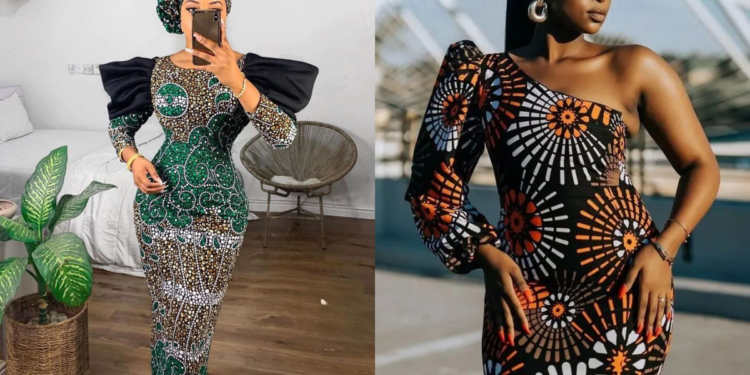
Discussion about this post